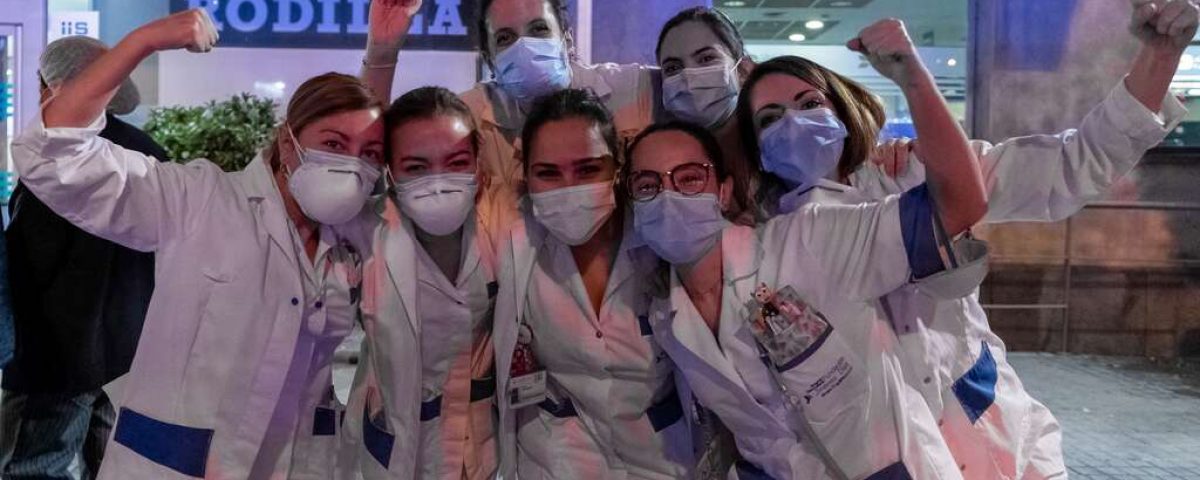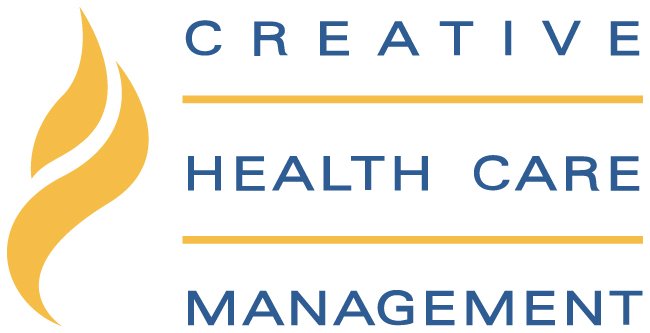Communication is key to maintaining a cohesive and productive environment in any workplace or organization. This is of the utmost importance in healthcare, where clear and concise communication can mean the difference between life and death.
Good communication skills are essential for all healthcare team members, from doctors and nurses to administrators and support staff. When everyone is on the same page, it helps to ensure that patients receive the best possible care.
This blog post will discuss why effective communication skills are a crucial and a continuous process in the healthcare industry.
What Is Communication?

Communication is the process of exchanging information between two or more people. It can be verbal, nonverbal, written, or electronic.
Communication Skills Include:
Verbal Communication: This type of communication includes face-to-face communication or over the phone.
Non-verbal Communication: Non-verbal communication involves communication without words. It can include body language, facial expressions, and eye contact.
Written Communication: Written communication involves any communication that uses written words. This could include emails, memos, letters, or even text messages.
Electronic Communication: Technology has allowed people to communicate without ever meeting in person. This type of communication includes video conferencing, instant messaging, and social media.
Communicate Effectively
The healthcare industry is a complex and ever-changing field. New technologies and treatments are constantly being developed, and all healthcare team members must be up-to-date on the latest information to communicate effectively.
Communication, whether verbal or written, is how this information is shared. It’s also how team members learn the importance of transferring information and sharing ideas with each other to ensure coordinated care and that everyone is up-to-date.
Why Effective Communication Skills Are Important in Healthcare

According to FierceHealthcare, poor communication has led to 1,744 patient deaths and over $1.7 billion in malpractice costs in the past five years. This only reiterates how crucial proper communication is in any field, especially healthcare.
When co-workers communicate effectively, it helps:
1. Ensure That Patients Receive the Best Possible Care
Quality patient care requires effective communication between members of the healthcare team.
When healthcare professionals can communicate openly and freely, it helps ensure that patients receive the best possible care. Open communication allows healthcare professionals to share important information about a patient’s condition, treatment plan, and prognosis.
It also allows for collaboration between different healthcare team members, which is essential for providing coordinated and comprehensive care.
When communication is ineffective, it can lead to errors and delays in treatment, which can harm patient health. Therefore, healthcare team members must work together to ensure that communication is clear and effective.
2. Good Communication Skills Avoid Errors and Mistakes
Healthcare professionals must have strong communication skills to avoid errors and mistakes.
Poor communication can lead to delays in treatment, as well as potential harm to patients. Additionally, federal and state regulations on patient privacy require that healthcare professionals ensure that patient information is kept confidential.
Breaches in patient confidentiality can have serious legal and financial consequences for healthcare organizations. Good communication is essential to avoid these potentially damaging situations.
3. To Promote a Positive Work Environment
Communication serves as the foundation for all relationships. Even in one’s personal life, communication is key to maintaining healthy and positive relationships. The same is true for professional relationships.
Proper communication is even more critical in the healthcare industry, where team members must often work closely together. Good communication helps build trust and rapport between co-workers, making the workplace more enjoyable and productive and feel psychologically safe.
It can also help to prevent misunderstandings and conflicts. When team members feel like they can communicate with each other openly, they are more likely to be satisfied with their job and less likely to experience burnout.
In the healthcare industry, where compassion and collaboration are essential, fostering good communication should be a top priority.
4. To Create a Sense of Teamwork
Whether it’s verbal or nonverbal communication, it is how we interact. Creating a sense of teamwork amongst coworkers is essential, especially in a medical setting.
Healthcare is a fast-paced and demanding field, so team members must be able to rely on each other. When teamwork is strong, tasks can be completed more efficiently and effectively.
Furthermore, strong teamwork can help create a positive work environment, which can benefit patient care and employee morale. There are many ways to build teamwork, but some of the most important methods include developing clear communication channels, promoting mutual respect, and encouraging cooperation.
5. To Effectively Communicate Goals and Expectations
In any workplace, employees must have a clear understanding of their goals and expectations. This is especially true in the healthcare industry, where the stakes are high, and communication errors can have serious consequences.
When managers take the time to communicate effectively with their employees, it can lead to a more efficient and effective workplace. Employees who understand their roles and responsibilities are more likely to be satisfied with their jobs and less likely to experience burnout.
When expectations are clearly defined from the start, it is less likely that team members will make assumptions or mistakes.
Barriers and Challenges That Affect Communication in Healthcare

Many factors can affect communication in the healthcare setting. Some of the most common barriers and challenges with communication skills is the ability to have a consistant communication process.
Overcoming Barriers to Effective Communication Include:
Different Shifts: Since healthcare is a 24-hour industry, team members often work various shifts. This can make communication difficult, as team members may not have the opportunity to talk to each other in person.
Language Barriers: Not all healthcare workers are fluent in the same language. This can lead to communication difficulties, as team members may not be able to understand each other.
Hierarchical Structure: In many healthcare organizations, there is a hierarchical structure. This can make the communication process difficult, as team members may feel they must go through their supervisor to communicate with other team members.
Technology: With the widespread use of technology in healthcare, there is a risk of communication breakdowns. If a team member sends a critical email but doesn’t receive a response, they may not know what to do next.
Although it may be tough, healthy communication in the workplace is key. If we want to create a more successful and cohesive work environment, we need to take the time to break down these barriers.
Improving Communication in Healthcare

Communication plays a vital role in the healthcare industry. To ensure that communication is effective, there are a few things that healthcare organizations can do:
1. Look at Your Communication Processes
In any organization, communication is essential to ensure everyone is working towards common goals. However, communication is not always accessible, and there are often areas where it can break down.
It is important to look at how information is being shared to assess how communication is currently taking place in your organization. This includes huddles, email, face-to-face meetings, group chats, and more.
Once you understand the current process, you can start identifying any areas that could be improved. For example, you may find a lot of confusion around email etiquette or that people are not taking advantage of face-to-face meetings.
2. Implement the SBAR Communication Tool
The SBAR communication tool is a great way to improve communication in the healthcare setting. SBAR stands for:
- S- Situation: What is the current situation?
- B- Background: What is the background information?
- A- Assessment: What is your assessment of the situation?
- R- Recommendation: What is your recommendation?
The SBAR communication tool can be used in any communication situation, from handoffs to patient transfers.
By clearly outlining the situation, providing relevant background information, and making specific recommendations, the SBAR tool can help to ensure that all parties involved have the information they need to make informed decisions.
SBAR can also help reduce miscommunication and errors, making it an invaluable tool in any medical setting.
3. Take Advantage of Technology to Streamline Communication
Medical professionals rely on clearly communicating test results and treatment options with their patients to deliver the best care possible.
There has been a surge in communication tools and technologies in recent years. While this can be beneficial, it can also be overwhelming. How can healthcare providers know which tools to use?
One way to make a decision is to consider the specific needs of the healthcare setting. If speed is of the essence, then a tool that allows immediate messaging may be the best option. A secure chat platform might be more appropriate if privacy is a concern.
By evaluating their needs, healthcare providers can ensure they deliver top-tier care by choosing the best tools for their patients.
4. Organize Regular Face-to-Face Meetings
Since a hospital setting can be hectic, making time for regular face-to-face communication is essential. This can be done through weekly team meetings or daily huddles.
During these meetings, each team member can provide updates on their patients, share any concerns they have, and ask for help when needed. This is also an excellent time to review communication tools and troubleshoot issues.
Try to make these meetings as concise as possible so that everyone can get back to their patients.
5. Encourage an Open Communication Culture
An open communication culture helps employees feel comfortable sharing their ideas and concerns. This type of environment can be fostered by:
- Asking for feedback: When employees feel their voices are being heard, they are more likely to speak up. Feedback can be gathered through regular surveys or one-on-one meetings.
- Encouraging questions: Employees should feel like they can ask questions without judgment. An open-door policy can help with this.
- Promoting transparency: Leaders should be transparent about the decision-making process. This way, employees will understand why certain decisions are being made and feel like they are a part of the team.
A culture of open communication can help improve overall communication and make the healthcare setting run more smoothly.
CHCM and Shared Governance Promote Clear and Consistent Communication

Shared governance in healthcare helps to improve communication and leads to a better structures and processes surrounding roles and responsibilities in healthcare.
Shared governance promotes empowerment and collaboration among teams. Collaboration and communication leads to stronger relationships and stronger outcomes.
Creative Health Care Management Consultants and Communication Skills Training
The importance of communication begins with communication skills. In the healthcare setting this cannot be understated. Patients need to trust their care team and feel comfortable discussing all aspects of their health with them.
Combining Shared Governance with Relationship-Based Care®
Not only do healthcare professionals need to be excellent communicators with their patients, but they must also have clear lines of communication with each other. Doing so creates a cohesive team that can prevent costly mistakes.
CHCM can combine their Relationship-Based Care® and Shared Governance as implementation options to create effective communication and improve a cultural communication process.
Relationship-Based Care® (RBC) is a culture transformation care model and operational framework for improving employee engagement and retention, patient experience, quality, safety, and financial performance.
Shared governance defined is “a leadership model in which positional leaders partner with staff in decision making processes while creating ownership for improvement in practice” (Guanci & Medeiros).
Closing on the Importance of Communication

Communication skills are vital in the everyday life of the healthcare worker. Communication skills teach effective communication. Body language, eye contact, being a good listener, non verbal communication and non verbal cues are important skills to read and help build strong relationships.
CHCM believes in the importance of communication. Out consultants can help your team implement team building and communication skills.
Resources:
https://dhge.org/about-us/blog/barriers-to-communication-in-healthcare
https://www.hhs1.com/blog/the-importance-of-communication-in-healthcare





